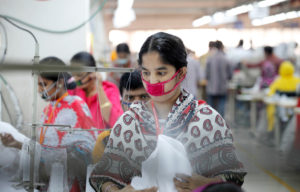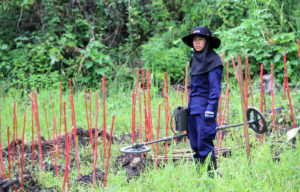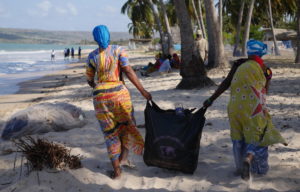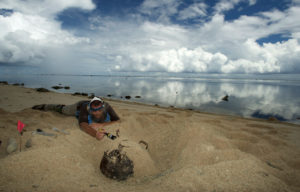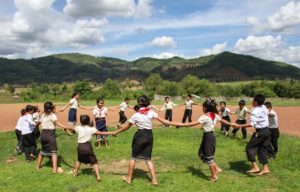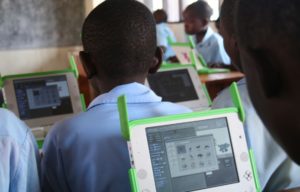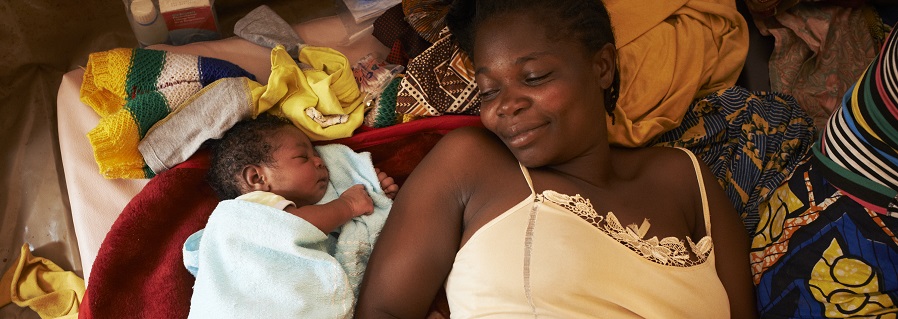
Photo: S. Phelps UNHCR / CC BY
App Saves Mothers In Developing Countries
New Danish app helps healthcare workers handle often complicated childbirths in remote areas.
Share
Other categories
Region: Global
Theme: Education, Health, Women’s Rights
Within a few years there will be more mobile subscriptions than people on the planet. Mobile phones hold a great potential for promoting healthcare in those countries where the healthcare system is most vulnerable. Some of the people who can particularly benefit from the possibilities offered by mobile phones are the 289,000 women who die during pregnancy and delivery every year, for lack of skilled care during childbirth.
The Danish development organisation, Maternity Foundation, working to reduce child and maternal mortality in developing countries, has collaborated with researchers from the University of Copenhagen and the University of Southern Denmark to develop ‘The Safe Delivery App’. It is designed to train healthcare personnel in relation to both normal and complicated deliveries.
Mobile Training
The app contains a series of animated instruction videos that explain what to do if the woman giving birth starts to bleed or the newborn stops breathing. This is especially useful in training healthcare workers in remote areas, where there is usually an urgent need to upgrade qualifications.
‘We see how many newly qualified midwives have basically no practical and clinical experience when they are appointed. This can have fatal consequences for women giving birth and for the newborns’, reports Ida Marie Boas from Maternity Foundation.
Reduces language barriers
Ida Marie Boas is responsible for implementing the app in a research project in Ethiopia, where the response to the new mobile application has been positive.
‘Many of the health care workers using the app are far more confident about handling complicated childbirths. They are especially pleased with the graphic, explanatory nature of the videos, which are useful despite language barriers and reading difficulties.’
The final research results and the complete app will be ready in the course of 2015, after which the Maternity Foundation and its university partners will make the app freely available for other NGO’s, governments and organisations. So far, an agreement has been reached with the Red Cross, who will use the app in their health programme as soon as the app it is fully developed.
